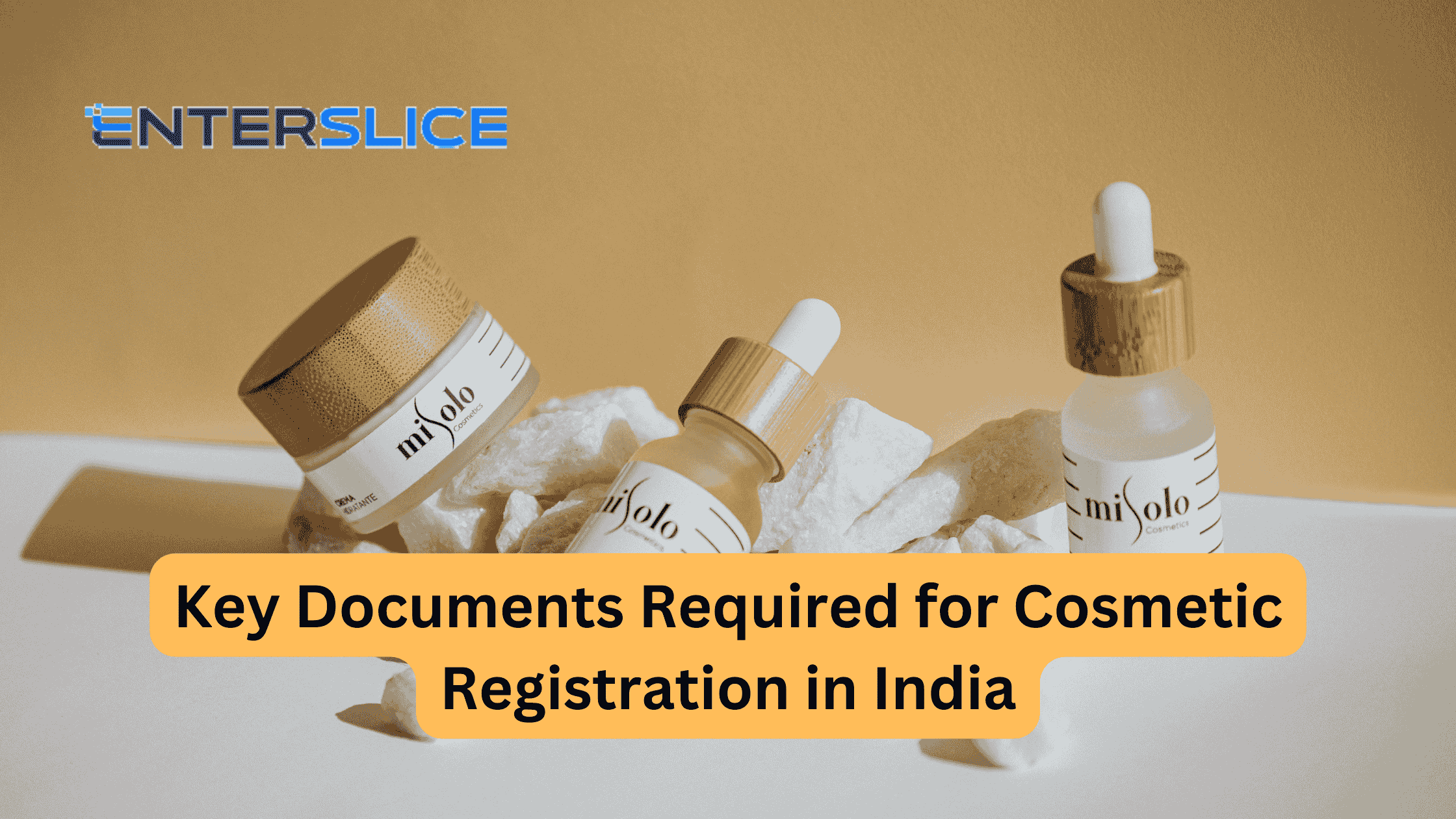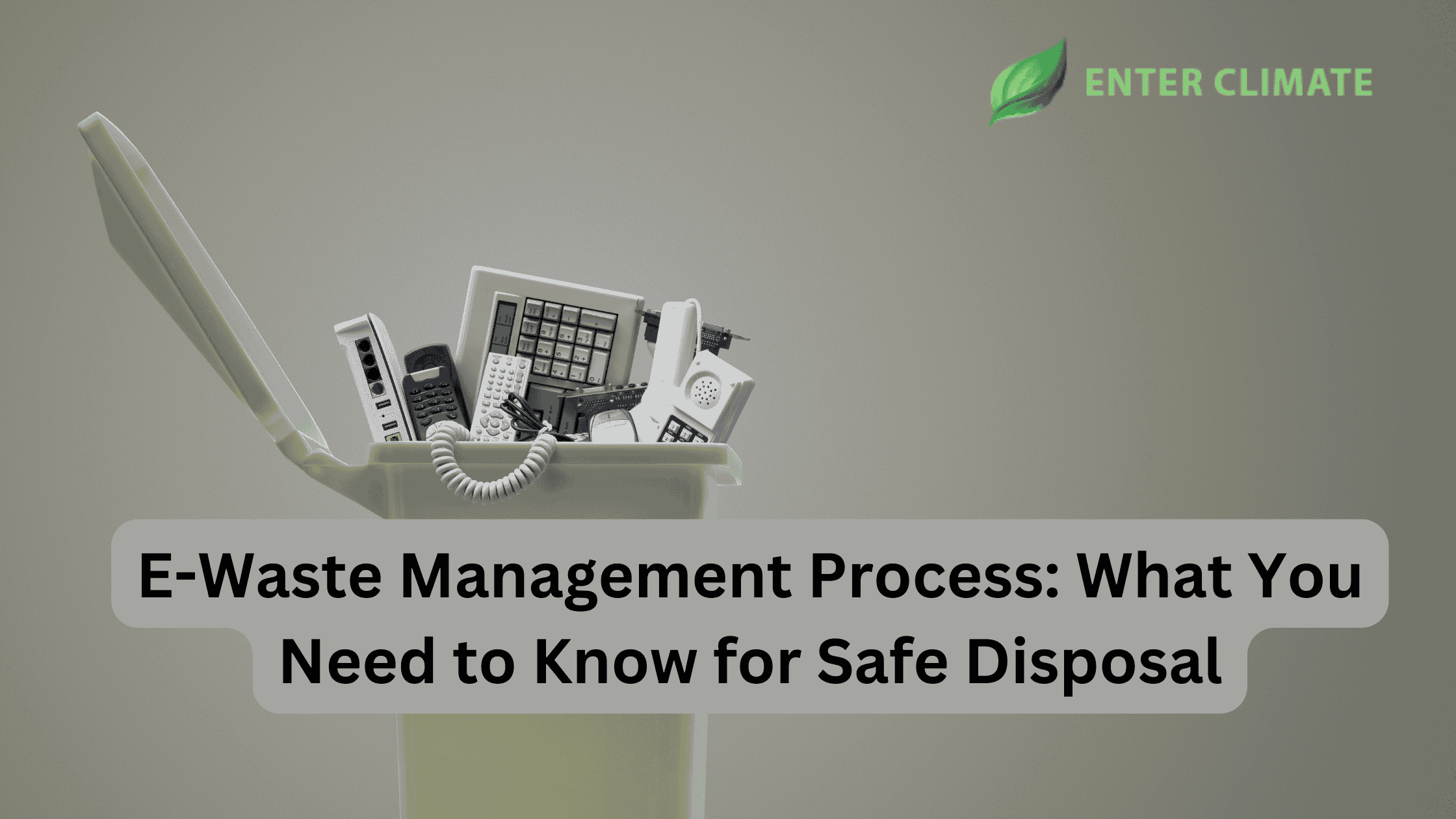If you’re planning to launch a cosmetic brand in India, one of the most crucial steps you need to take is cosmetic product registration. This process is governed by the Central Drugs Standard Control Organization (CDSCO), which ensures that cosmetic products meet the required safety and quality standards. In India, the cosmetic registration process is essential to legally market and sell cosmetics. To successfully register your cosmetic products, you will need to submit a variety of documents to ensure that your product complies with the regulations set by the authorities. In this blog, we will walk you through the key documents required for cosmetic registration in India, making the process smoother for you.
Why Cosmetic Registration is Important
Before we dive into the required documents, let’s take a moment to understand why cosmetic product registration is essential. In India, cosmetic products are regulated under the Drugs and Cosmetics Act, 1940, and the Cosmetic Rules, 2020. These regulations ensure that cosmetics sold in the country are safe for use and meet health standards. Registration is necessary to:
- Ensure product safety: Proper registration ensures that cosmetic products are safe for consumers and do not pose any harm.
- Maintain quality standards: Through registration, products are scrutinized for their ingredients, manufacturing processes, and labeling, ensuring that they meet required quality norms.
- Access to the market: Without registering your product, you cannot legally sell it in India, and you risk penalties for non-compliance.
- Consumer trust: Being registered with the CDSCO enhances your product’s credibility, which can help in building consumer trust and loyalty.
Now that we understand the importance of registration, let’s move on to the key documents you will need for cosmetic product registration in India.
Key Documents Required for Cosmetic Registration in India
1. Application Form (Form 42)
The first document required is the Application Form (Form 42), which is available on the CDSCO website. This form serves as the primary application for registering cosmetic products. It must be filled out with all the required details about the product, including its brand name, manufacturer, ingredients, and intended use. It’s crucial to ensure that all fields are accurately completed to avoid delays in processing.
2. Manufacturing License
A valid Manufacturing License issued by the state drug authority is mandatory for registering a cosmetic product in India. This license confirms that the cosmetic product is being manufactured in a facility that meets the standards set by the regulatory authorities. The manufacturing license should contain details such as:
- The name and address of the manufacturing facility.
- The type of cosmetics being manufactured.
- The approval of the facility to produce cosmetics under the Drugs and Cosmetics Act.
Without this document, you cannot proceed with the registration.
3. Product Information File (PIF)
The Product Information File (PIF) is one of the most important documents required for cosmetic registration. The PIF contains all the details about the cosmetic product, including:
- Ingredients list: A complete list of all ingredients used in the formulation of the cosmetic product, along with their concentrations.
- Safety data: Information regarding the safety testing of the product, including toxicological studies, clinical trials (if applicable), and stability testing reports.
- Manufacturing process: A detailed description of how the product is manufactured, ensuring that it adheres to safety standards.
The PIF helps regulatory authorities assess the safety and quality of your product before it is allowed to enter the market.
4. Labeling and Packaging Details
Proper labeling and packaging are crucial for cosmetic product registration. The labels on your products must comply with the guidelines set by the CDSCO and the Bureau of Indian Standards (BIS). The labeling requirements for cosmetics in India include:
- Product name and brand.
- Name and address of the manufacturer or marketer.
- The list of ingredients.
- The manufacturing and expiry dates.
- Batch number for traceability.
- Usage instructions.
- Any warnings or precautions related to the product.
You must also submit samples of the product packaging along with the registration application. The packaging must be non-toxic, childproof (if applicable), and meet the hygienic standards set by the authorities.
5. Certificate of Free Sale
A Certificate of Free Sale is an official document that states that your cosmetic product is legally sold and freely available in the country where it is manufactured. This document is particularly important if you are importing cosmetics into India. The certificate ensures that your product is approved and has been tested for safety and quality in its home country.
The Certificate of Free Sale is typically issued by the regulatory authority in the country where the product is made. It should be submitted along with the application for registration to verify that your product is compliant with international standards.
6. Testing and Safety Reports
As part of the registration process, you will need to provide testing and safety reports for your cosmetic product. These reports must come from accredited laboratories and should cover:
- Microbial testing: To ensure that the product is free from harmful bacteria, fungi, and other pathogens.
- Stability testing: To confirm that the product remains effective and safe during its shelf life.
- Toxicology studies: To ensure that the product is safe for use, especially if it is intended for sensitive skin or eyes.
These reports are vital to prove the safety of your cosmetic products to the regulatory authorities.
7. No Objection Certificate (NOC) for Imported Products
If you are importing a cosmetic product into India, you will need to provide a No Objection Certificate (NOC) from the CDSCO. This certificate confirms that the regulatory body has no objections to the importation of the product. You will also need to submit the Certificate of Origin and the Certificate of Analysis for the imported cosmetic products.
8. Fee Payment Proof
Finally, a proof of payment for the registration fee must be submitted. The fees for cosmetic product registration vary depending on the type of product and the scale of operation. The fee payment can be made through the CDSCO portal, and you will need to include the transaction receipt as part of your application.
Steps to Submit the Documents
Once you have all the required documents ready, you need to submit them to the CDSCO. This is typically done through their online portal. You can follow the following steps:
- Register your brand: Create an account on the CDSCO portal and enter the required details.
- Complete the application: Fill out Form 42 and submit it online.
- Upload documents: Upload the required documents such as the manufacturing license, PIF, testing reports, and others.
- Pay the fee: Make the payment for the registration fee and upload the payment proof.
- Wait for approval: The CDSCO will review your application and documents. If everything is in order, your product will be registered, and you will receive a registration certificate.
Conclusion
Registering a cosmetic product in India is a mandatory process that ensures the safety and quality of products available to consumers. By submitting the right documents and adhering to the guidelines set by the CDSCO, you can ensure that your cosmetic brand is legally compliant and ready for the Indian market. The key documents, such as the Manufacturing License, Product Information File, Safety Reports, and Labeling Details, play a critical role in the approval process. As an entrepreneur, ensuring that these documents are in order is essential for the success and growth of your cosmetic business in India.
FAQs
1. How long does it take for cosmetic product registration in India?
The registration process typically takes 6 to 12 months, depending on the type of product and the completeness of the application.
2. Can I sell cosmetics in India without registration?
No, selling cosmetics without CDSCO registration is illegal in India. All cosmetic products must be registered to ensure consumer safety and comply with Indian regulations.
3. Do I need to submit clinical trials for cosmetic product registration?
Clinical trials are not mandatory for all cosmetic products, but toxicological studies and safety data are required to prove the product’s safety for use.
Also, read: E-Waste Management Process: What You Need to Know for Safe Disposal


